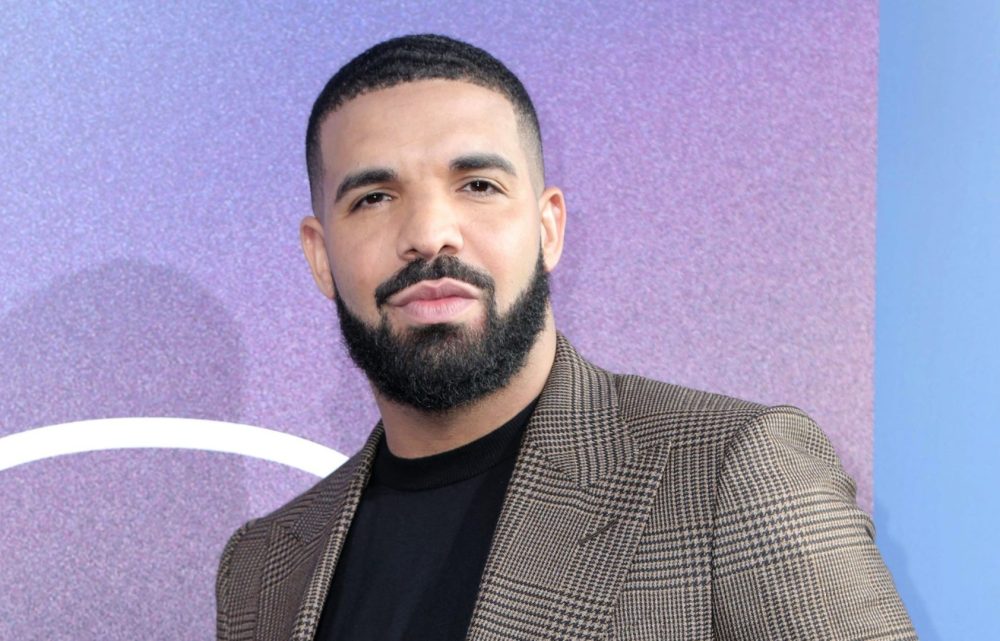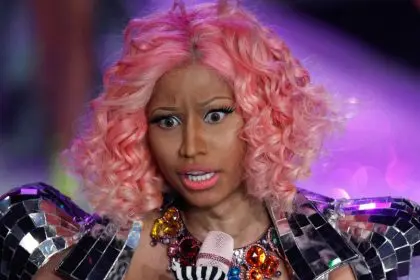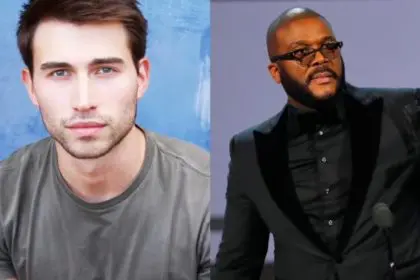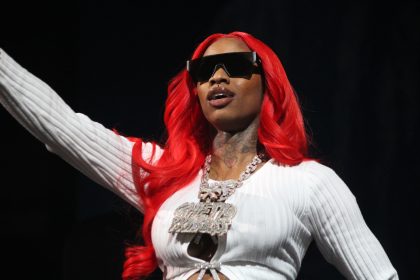In a stunning development that has sent shockwaves through the music industry, Drake has unexpectedly withdrawn his high-profile legal action against industry powerhouses Universal Music Group (UMG) and Spotify. The decision, revealed through court documents filed in Manhattan, has left industry insiders, legal experts, and fans scrambling to understand the reasoning behind this abrupt reversal. The withdrawal marks a significant turning point in what many expected to be a landmark case for streaming rights and artist protection.
Behind closed doors
According to court filings, representatives from Drake’s Frozen Moments, LLC engaged in extensive discussions with both UMG and Spotify before finalizing the withdrawal. While Spotify showed no opposition to ending the legal proceedings, UMG’s careful reservation of its position suggests a more complex situation brewing beneath the surface. This calculated move by UMG maintains their legal options while allowing the immediate tension to dissipate.
The battle continues
Despite withdrawing the Manhattan petition, Drake’s legal team maintains an active second pre-action petition against UMG and iHeartMedia in Texas. This ongoing legal maneuver indicates that while one front may have quieted, the larger conflict continues to simmer. The pending hearing later this month could provide crucial insights into the strategy behind Drake’s partial retreat from legal action.
The heart of the controversy
The original allegations centered on claims that UMG and Spotify artificially inflated streaming numbers for Kendrick Lamar’s “Not Like Us,” a track widely recognized as a direct challenge to Drake. Spotify’s defense revealed surprisingly modest promotional efforts, claiming only a single promotional tool, Marquee, was employed in France at a cost of €500. This disclosure raised questions about the scale of alleged manipulation and the true dynamics of streaming promotion.
Industry defense
UMG’s response to the accusations was both swift and emphatic. The company not only denied any wrongdoing but expressed particular offense at the suggestion they would undermine any artist’s success. Their statement emphasizing ethical marketing practices and fan choice reflects the delicate balance major labels must maintain in supporting diverse artist rosters while avoiding accusations of favoritism or manipulation.
The RICO factor
One of the most serious aspects of Drake’s original filing involved accusations that UMG violated the Racketeer Influenced and Corrupt Organizations (RICO) Act. These allegations suggested systematic corruption in streaming promotion, potentially involving bots and modern versions of payola. The gravity of these claims and their potential industry-wide implications make Drake’s withdrawal even more intriguing.
Strategic silence
Drake’s notable absence from public commentary on the withdrawal speaks to the delicate nature of industry relationships. This silence, particularly from an artist known for his strategic communication and social media presence, suggests careful consideration of long-term industry dynamics over short-term legal victories. The rapper’s team has historically managed public narratives skillfully, making this silence especially significant.
Digital age dynamics
The case has highlighted the complex relationship between artists, labels, and streaming platforms in the modern music industry. Questions about streaming manipulation, promotional practices, and the true measure of musical success continue to evolve as technology shapes how music reaches audiences. The allegations have sparked broader discussions about transparency in streaming and the methods used to promote music in the digital era.
Legal framework
Understanding the nature of pre-action petitions provides crucial context for this situation. These preliminary filings serve as information-gathering tools rather than formal lawsuits, allowing parties to explore potential claims without committing to full legal proceedings. This distinction helps explain the flexibility Drake’s team has shown in withdrawing one petition while maintaining another.
Industry implications
The withdrawal of this high-profile legal action could influence how future disputes between major artists and industry entities unfold. The case has drawn attention to the complex power dynamics in the music industry and the challenges of proving streaming manipulation in an increasingly digital landscape. Other artists and industry professionals are likely watching closely, considering how this precedent might affect their own strategies and relationships.
Moving forward
The music industry continues to grapple with questions of fairness, transparency, and artist rights in the streaming era. Drake’s legal maneuvers, both the withdrawal and ongoing actions, suggest that traditional power structures are being challenged in new ways. The outcome of these challenges could reshape how artists and industry entities interact in the future.
The story continues to evolve, with potential implications reaching far beyond this specific case. As streaming platforms and traditional music industry powers adapt to changing technologies and artist expectations, the lessons learned from this legal battle may influence industry practices for years to come. While Drake’s withdrawal marks the end of one chapter, the broader narrative of artists seeking greater control and transparency in the digital age continues to unfold.










